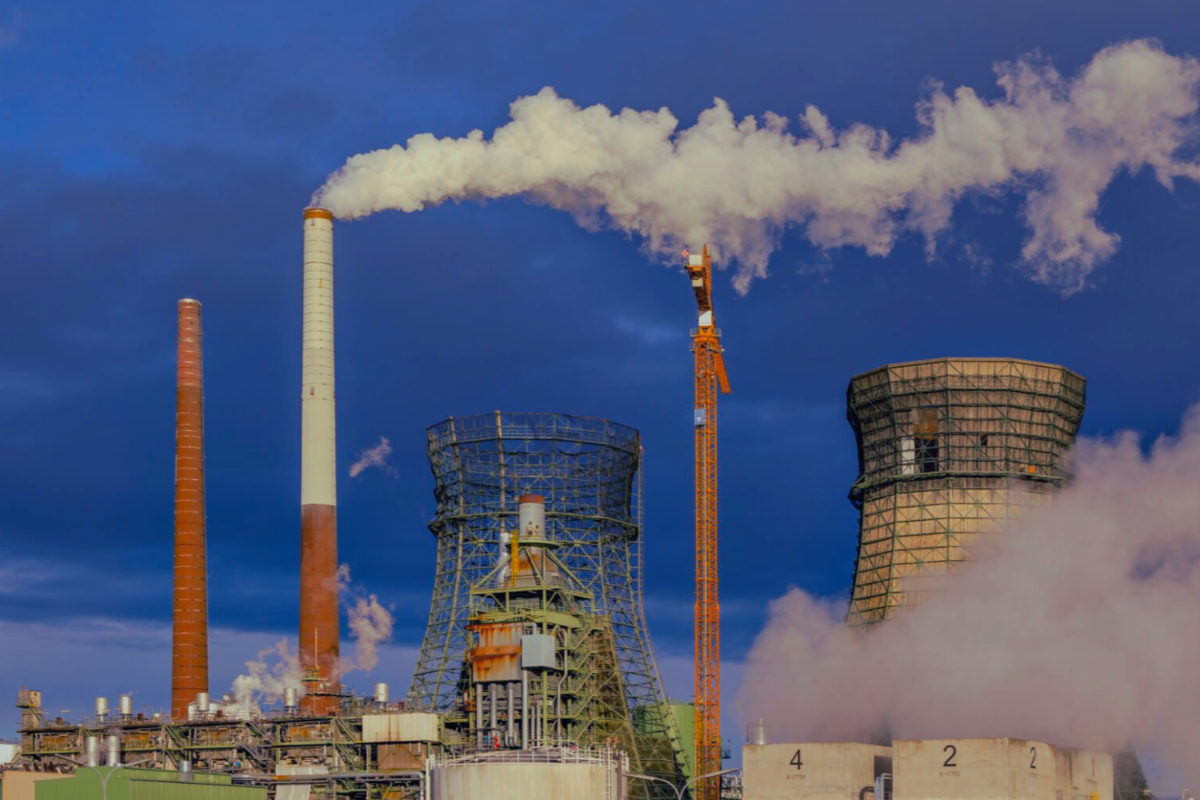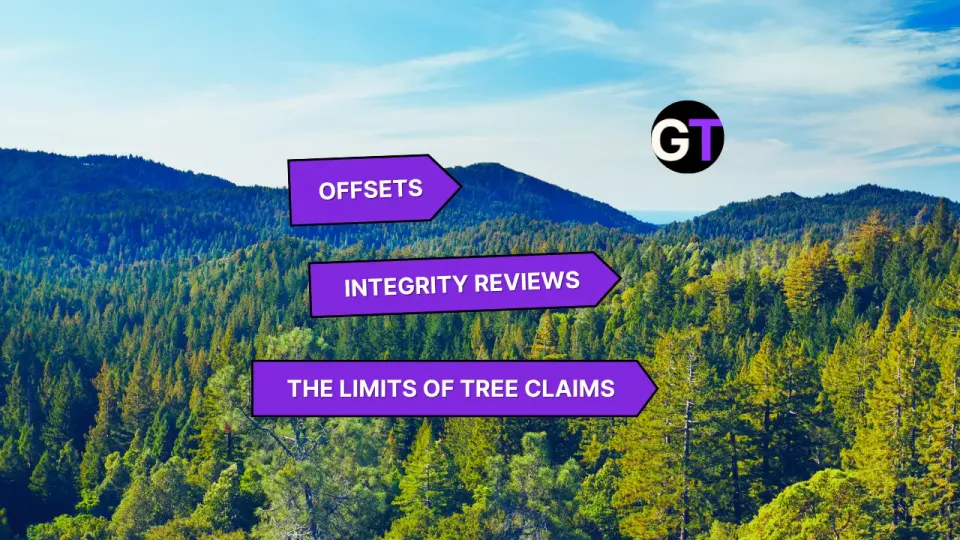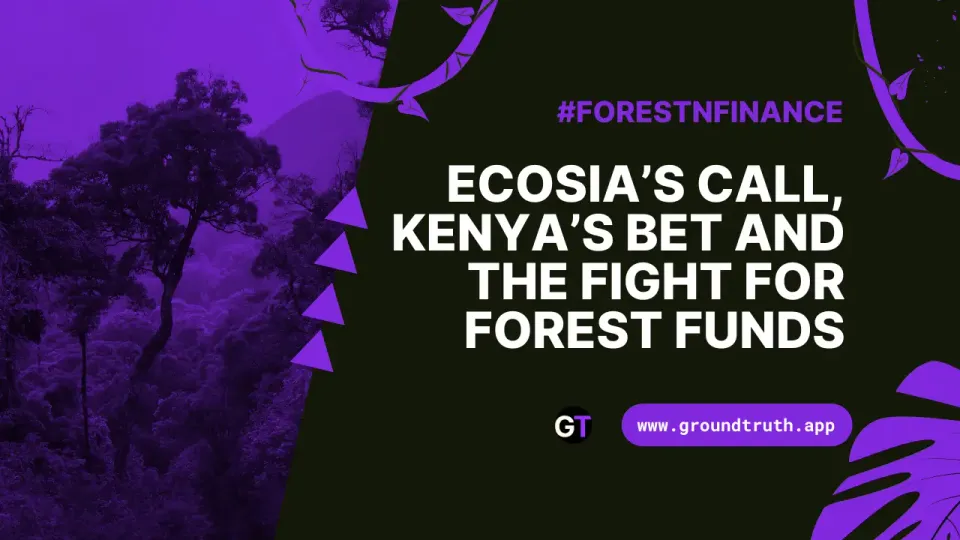South Korea Slashes Forest Biomass Energy Subsidies
South Korea ends subsidies for new biomass projects, imported fuels, and cofiring plants by 2025, shifting focus to domestic forest biomass.

This article by Annelise Giseburt orignally appeared in Mongabay.
- In a surprise move, South Korea has announced that it will end subsidies for all new biomass projects and for existing state-owned plants cofiring biomass with coal, effective January 2025, a significant and sudden policy shift.
- Additionally, government financial support for dedicated biomass plants using imported biomass will be phased down, while support for privately owned cofiring plants will be phased out over the next decade. However, subsidy levels for domestically produced biomass fuel remain unchanged.
- The biomass reform is being hailed by forest advocates as a step in the right direction, potentially setting a new, environmentally sound precedent for the region.
- Advocates are now calling on Japan, Asia’s largest forest biomass importer, to follow South Korea’s example.
In a major policy shift, South Korea announced Dec. 18 that it will end renewable energy subsidies for new biomass projects, as well as for state-owned coal and biomass cofired power plants starting in January 2025. The nation’s ministries also committed to phased reductions of subsidies supporting existing power plants using imported forest biomass fuel.
The abrupt change is “the largest [biomass] policy rollback of its kind in Asia,” according to South Korean environmental nonprofit Solutions for Our Climate (SFOC), and also among the largest policy shifts away from forest biomass subsidies by any nation worldwide. South Korea is currently Asia’s second-largest user of forest biomass for energy, importing 3.9 million metric tons of wood pellets as of April 2024.
Scientists and forest advocates have long asserted that burning forest biomass to generate electricity isn’t carbon neutral, but creates more carbon emissions than coal per unit of energy produced, while the manufacture of wood pellets, a type of biomass fuel, causes deforestation and negatively impacts forest biodiversity.
Although South Korea will continue to subsidize biomass fuel sourced domestically, advocates say they hope that reducing support for imported biomass will help alleviate pressure on forests threatened by Asia’s growing biomass market — particularly tropical forests in Southeast Asia.

‘A step in the right direction’
South Korea’s biomass policy reform is the result of a new initiative between the Ministry of Trade, Industry and Energy (MOTIE), the Korea Forest Service, and the Ministry of Environment. Together, they decided to limit the country’s dependence on imported wood pellets in response to criticism about the negative impact of biomass on forests and the climate.
To date, South Korea has subsidized biomass power through its renewable energy credit (REC) program. Power plants burning biomass sourced from forests have received higher REC weightings than those for “genuine” renewables, the SFOC statement noted. In a single recent year, the government gave approximately $688 million to support power plants using biomass to meet their required quota of electricity generated using renewables. That’s according to MOTIE’s press release announcing the new policy. The year for the subsidies was unspecified, but assumed to be 2023.
Under its revised policy, South Korea will not support any new biomass power plants, while RECs for imported wood pellets will be phased down or out. Subsidies for six state-owned plants cofiring coal and biomass will end by January 2025; REC weightings for three state-owned biomass-dedicated plants will be phased down by 2027. At privately owned plants, RECs for cofired biomass will be phased out over the next 10 years, while REC weightings will be reduced for dedicated biomass plants over the next 15 years.
“South Korea’s decision to reduce support for the most harmful types of biomass — imported fuels and coal cofiring — signals that public officials can no longer ignore the economic and environmental costs,” Hansae Song, forests and land-use lead at SFOC, stated in the NGO’s press release. He called South Korea’s policy reforms “long-overdue” but “a step in the right direction.”
Despite the reduced government subsidies for imported forest biomass, forest advocates point out that domestically produced wood pellets and chips will still enjoy the same level of support as before, including those cofired with coal — posing a threat to South Korea’s forests. Existing subsidy levels for “bio solid refuse fuels,” which includes domestic waste wood and other plant-based feedstocks, will also remain unchanged.
“The shift toward exploiting domestic forests reveals how a small group of industry interests continues to exert disproportionate influence, holding our natural world hostage,” Song emphasized. He cautioned that continuing to support “private biomass plants for up to 15 years ensures that millions of tons of wood will still be burned annually, driving the climate crisis closer to irreversible tipping points.”
What’s next for Asia’s biomass industry?
Forest advocates say they’re hopeful that South Korea’s policy reform can help alleviate pressure on Southeast Asian forests, as biomass usage in the region continues to grow.
South Korea imported 84% of its wood pellets as of early 2024, with 71 % of those imports sourced from Southeast Asia, mainly from Vietnam, but with an emerging market in Indonesia. South Korean lawmaker Moon Dae-Lim recently decried wood pellet imports sourced from cleared rainforest on Indonesia’s Sulawesi Island.
Meanwhile, neighboring Japan is on track to become the world’s largest wood pellet-importing nation by 2030, sourcing biomass fuel from Vietnam, Canada and, increasingly, Indonesia, plus potentially California. Although the Japanese government has removed financial incentives for new forest biomass projects, it has not committed to an early phase-out of existing subsidies, and planned biomass power plants already in the pipeline will remain eligible for government support.
“While Korean lawmakers called for a moratorium on Indonesia biomass imports, Japanese policymakers have yet to express concerns, let alone change biomass incentives to protect forests and communities,” wrote Roger Smith, Japan director for the NGO Mighty Earth, in a comment to Mongabay.
Smith said he sees South Korea’s subsidies reduction policy as the latest of several major setbacks to hit the biomass industry in 2024, including the bankruptcy of Enviva, the world’s largest producer of wood pellets; action by three Japanese megabanks to restrict biomass lending; and a decision by a large Japanese biomass plant to pause operations due to unprofitability.
“This year started with headwinds for the wood biomass industry, and it’s turning into a gale,” Smith said.
Nevertheless, he expressed concern that wood pellet producers will look for alternative markets as imports plateau in South Korea and eventually in Japan. “The fundamental problems with the wood biomass industry — [impacts] on forests and negative climate impacts — may not go away but rather shift forms,” Smith warned.
License
Giseburt, Annelise. "South Korea slashes forest biomass energy subsidies in major policy reform". Mongabay, December 20, 2024. Republished under a Creative Commons Attribution-NoDerivatives 4.0 International (CC BY-ND 4.0) license




